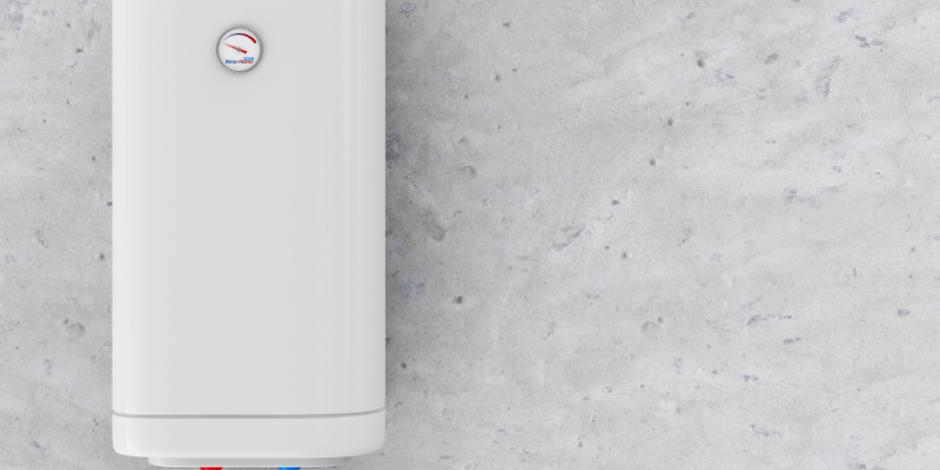- Homebuyers
- Home Owners
- Home Performance
- Rental Housing
- Housing Development
- Community Programs

Did you know that water heating is the largest energy expense in your home, after heating and cooling? In fact, water heating can account for 18% of your total energy bill (according to the Department of Energy).
Typically located out of sight, this important appliance can largely go unnoticed. Unfortunately, it has a major impact on your energy bills. There are four main ways to reduce your water heating bills:
1. Use Less Hot Water
Low-Flow Plumbing Fixtures
A great way to begin water conservation is by installing aerated, low-flow faucets and showerheads throughout your home. With these upgrades, you can expect to achieve water savings between 25 and 60%. Select a showerhead that uses 2.5 gallons per minute or less. These low-flow fixtures can quickly pay for themselves in energy savings, as quality fixtures can cost as little as $10 to $20 each.
Fix Water Leaks
Be sure to also repair leaky faucets and plumbing fixtures quickly. This helps keep both water and energy bills down and can sometimes prevent costly property damage.
Examine Your Water Use Behaviors
Consider which activities you can do in cold or even warm water instead of hot water. Many households, for example, do laundry in cold water. Although it may seem counterintuitive, washing dishes by hand typically uses more water than running an efficient dishwasher filled to capacity.
2. Buy Water and Energy Efficient Appliances
When shopping for a new dishwasher or washing machine, keep water use in mind. Whenever possible, purchase ENERGY STAR® models that are both energy and water efficient. For washing machines, select models that allow you to control temperature and water level (so you can use less water for small loads).
3. Turn Down the Temperature on Your Hot Water Heater
This simple action can save between $13 and $30 a year for every 10 degrees Fahrenheit of temperature reduction. Although some manufacturers may set hot water heaters at 140 degrees Fahrenheit, 120 degrees is sufficient for most homes.
4. Buy a New, Efficient Hot Water Heater
One of the best ways to save energy is with a high-efficiency hot water heater, lowering your energy bills for years to come. Different types of water heaters are available on the market and provide different features.
Tank Hot Water Heaters
The most common type of home water heaters in the Nashville region, storage tank hot water heaters consist of an insulated tank that stores heated water until it is needed. The size and recovery rate of hot water heaters differ by the capacity of the storage tank and the rate that the water can be heated. Tank water heaters may be a good fit for families that use hot water at 2 or more points in the home simultaneously.
Tankless Hot Water Heaters
As the name implies, “tankless” or “on demand” hot water heaters do not have a tank, and only heat water as needed. This lowers heat loss from storing hot water in a tank, lowering your energy bills. Tankless hot water heaters vary in their capability, delivering hot water to one plumbing fixture or the entire home.
Hybrid Hot Water Heaters
Operating like a refrigerator but in reverse, “hybrid” or “heat pump” hot water heaters take heat from the surrounding air for heating water in an enclosed tank. During times of high demand, hybrid hot water heaters use an electric element to heat water instead of the heat pump. Hybrid hot water heaters can lower hot water heating bills while delivering excellent comfort.
